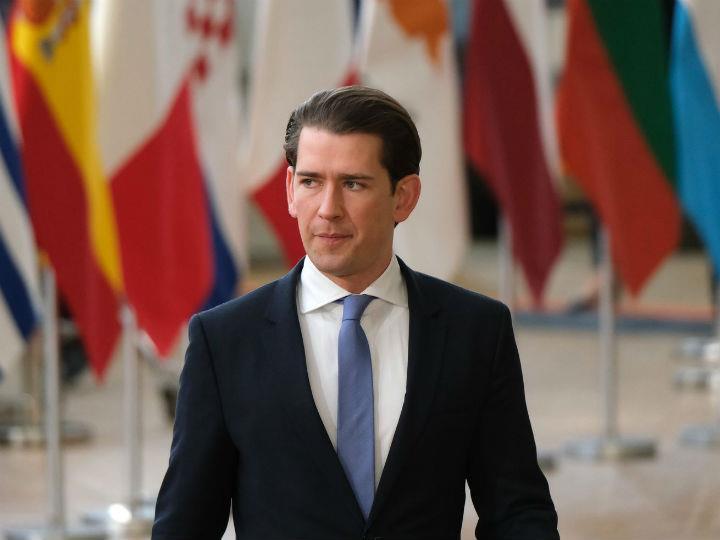by Philipp Grull
Just hours after the proposal’s roll-out, Austrian Chancellor Sebastian Kurz (OVP) quickly informed the public via Twitter that he had objections to the plan for an EU reconstruction fund, unveiled by German Chancellor Angela Merkel and French President Emmanuel Macron.
The next day he announced that he would work on his own ideas for the reconstruction fund with the so-called ‘Frugal Four,’ a group which also includes Denmark, the Netherlands, and Sweden.
“We believe that it is possible to boost the European economy and still avoid a mutualisation of debts,” Kurz said in an interview with the newspaper Oberosterreichische Nachrichten. The plan should be available within this week, EURACTIV Germany learnt from diplomatic circles.
No “community debt in the guise of crisis”
The Frugal Four’s main problem with the Franco-German proposal is the decision to award grants instead of loans. Kurz already pointed this out in his tweet after the Merkel-Macron presentation, and this was further confirmed to EURACTIV Germany by diplomatic circles.
We are ready to help those countries that suffer most from the effects of the pandemic, Kurz wrote on behalf of the Frugal Four. However, money is only available in the form of loans, not grants, as Merkel and Macron had suggested.
In response to an enquiry from EURACTIV, Austrian Minister of Finance Gernot Blumel (OVP) also said before the ECOFIN meeting on Tuesday (19 May): “We still reject the financing of non-repayable subsidies,” because now is the time to “invest in the future, instead of covering the costs of past debts.”
For Austria, “community debts under the guise of the crisis” are unacceptable, said Blumel.
Austria’s opposition was quick to criticise its government.
In a tweet, Andreas Schieder, head of the Austrian Social Democrats’ delegation to the EU Parliament, described the Franco-German initiative as a “trendsetting proposal for European reconstruction.” He further called Kurz’ reaction a “blockade” which was “incomprehensible.”
*first published in: www.euractiv.com




 By: N. Peter Kramer
By: N. Peter Kramer
